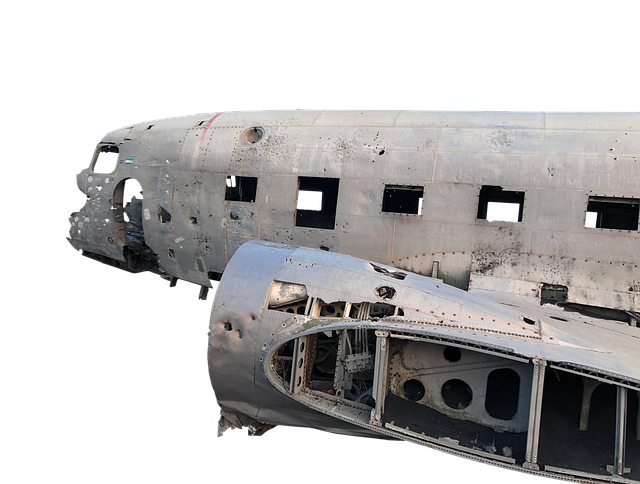When dealing with a workers' compensation (WC) settlement offer from a third-party workplace claim, it's vital to understand the process and differentiate it from personal injury claims. WC settlements typically cover medical expenses, lost wages, but not pain and suffering or punitive damages. Before accepting a WC-only offer, consult a legal expert to navigate disagreements and explore all options. Evaluate your injuries' impact on work ability and ongoing care needs, and consider the complexity of third-party claims like auto accidents or product liability for additional compensation. If the WC settlement doesn't cover all damages, including future needs, a third-party claim may be necessary to address pain and suffering, permanent disability, and punitive damages against negligent employers.
“Unsure if you should accept or decline a workers’ compensation (WC) settlement offer? This guide equips you with the knowledge to make an informed decision. WC settlements are crucial for compensating work-related injuries, but they may not always be the best option. Learn about understanding and evaluating these offers, especially when considering a third-party workplace claim—a potential alternative that could yield higher compensation. By weighing key factors and exploring this option, you can ensure you receive fair redress.”
- Understanding Workers' Compensation Settlements
- Evaluating the Offer: Key Factors to Consider
- When to Pursue a Third-Party Workplace Claim Instead
Understanding Workers' Compensation Settlements

When faced with a workers’ compensation (WC) settlement offer, understanding the process and your rights is crucial. A WC settlement typically arises from a third-party workplace claim, where an employee suffers an injury or illness related to their job. This can result from various incidents, such as truck accidents, construction site mishaps, or even caregiver abuse in a nursing home setting. The goal of such settlements is to provide financial compensation for medical expenses, lost wages, and other associated costs.
However, it’s essential to recognize that WC settlements are distinct from personal injury claims. They usually do not account for pain and suffering or punitive damages, which can significantly impact the overall compensation. As such, before accepting a WC-only settlement, consider seeking advice from a qualified truck accident lawyer or legal expert who can help navigate any potential partnership disagreements that may arise. They can ensure you understand your full range of options and advocate for a fair settlement that addresses all aspects of your work-related injury.
Evaluating the Offer: Key Factors to Consider

When evaluating a workers’ compensation (WC) settlement offer, it’s crucial to consider several key factors before making a decision. One of the primary aspects is the extent and impact of your injuries. If you’ve suffered serious injuries that significantly impact your ability to work or cause ongoing pain and disability, a WC-only offer may not adequately compensate you for your losses. It’s important to remember that workers’ comp typically covers medical expenses and lost wages, but it might not factor in long-term effects like reduced earning capacity or the need for ongoing care, especially in cases of nursing home abuse or complex auto accidents.
Another critical consideration is the complexity of your third-party workplace claim. If you’ve been involved in an auto accident or experienced severe injuries due to another party’s negligence (like a product defect or unsafe work environment), you might be eligible for additional compensation beyond workers’ comp. An auto accident attorney specializing in these cases can help navigate the legal complexities, ensuring you receive fair compensation that accounts for pain and suffering, emotional distress, and other damages not covered by standard WC benefits.
When to Pursue a Third-Party Workplace Claim Instead

If a worker’s compensation (WC) settlement offer doesn’t cover all your damages or accounts for your future needs, it may be time to consider a third-party workplace claim. A WC claim is typically focused on immediate medical expenses and lost wages, while a third-party workplace claim can address broader issues like pain and suffering, permanent disability, and punitive damages against negligent employers.
Pursuing a third-party workplace claim can be beneficial when there are significant disparities between the scope of injuries and the offered WC settlement. It’s also worth considering if the incident involves more complex issues like contract disputes, business litigation, or even medical malpractice—situations that extend beyond the typical WC coverage and warrant a broader legal approach to ensure justice and full compensation for all related harms.
If your workers’ compensation settlement offer falls short of what you believe you deserve, or if there are signs of undercompensation for your injuries, it may be time to consider a third-party workplace claim. While navigating legal processes can be complex, understanding your rights and evaluating all options is crucial. By delving into the details of your case and exploring alternative avenues, you can ensure that you receive fair compensation for any work-related injuries or illnesses.






